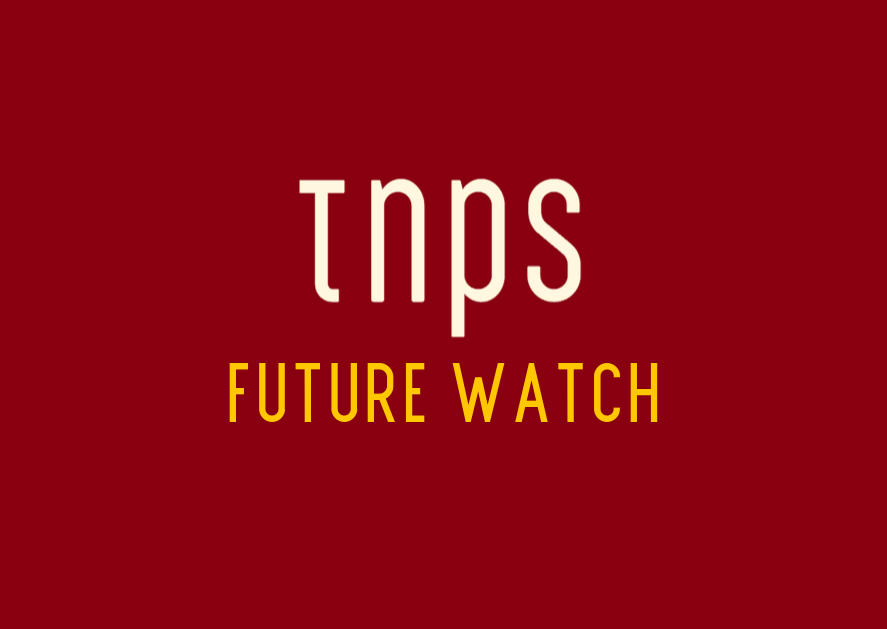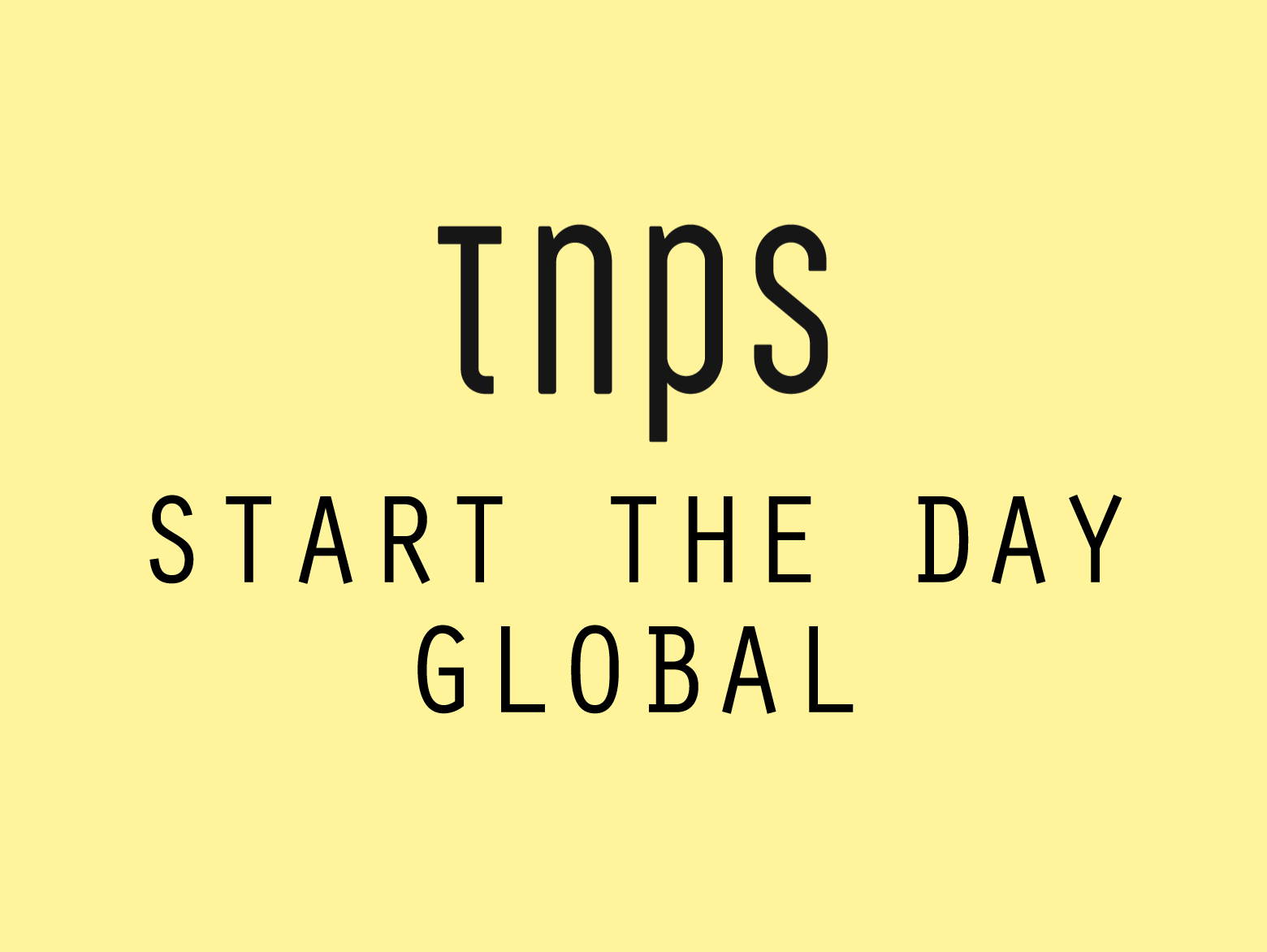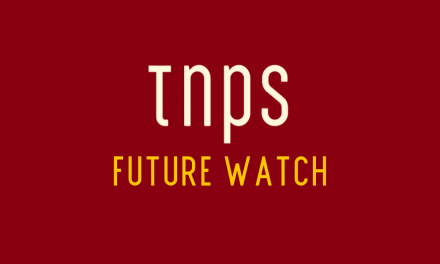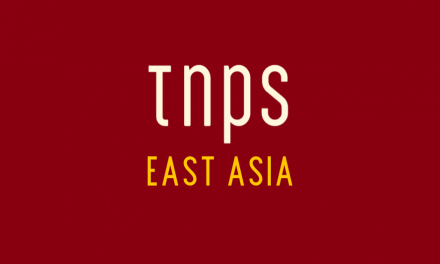With the right deal on the table, most publishers will jump into bed with any and every AI company that can meet their price.
A coalition of India’s leading Bollywood music labels, including T-Series, Saregama, and Sony Music, has filed to join a copyright lawsuit against OpenAI in New Delhi.
The lawsuit, initiated by Indian news agency ANI last year and quickly attracting Indian book publishers, accuses OpenAI’s ChatGPT of using content without permission to train AI models.
The music labels argue that OpenAI’s use of their sound recordings breaches copyright laws and poses a significant threat to the music industry in India and globally.
Categorical Denial
OpenAI, backed by Microsoft, maintains that it adheres to fair-use principles by using publicly available data, and has further categorically stated, as regards publishers, that it has not used any Indian content in training, which rather pulls the rug from the publisher’s feet if that can be demonstrated to be true.
Given the huge amount of English-language content OpenAI already has available, it will be difficult to prove anything came specifically from Indian sources. If OpenAI is accused of copyright breach with regard to content in indigenous Indian languages, that would be a very different and compelling case, but I’ve not seen anything to that effect reported.
The next hearing is scheduled for February 21, but the main event will begin in March. The outcome could set a precedent for AI copyright laws in India, but will have little impact globally.
Suing AI Companies Is The New Black
Suing AI companies is the new black, and the momentum will grow until a major court ruling settles the arguments one way or another. But why the sudden rush to litigation?
Possible Reasons for Indian Companies Suing OpenAI:
Protecting Intellectual Property: Indian companies are, understandably, keen to protect their intellectual property rights, and of course the music labels have at lot at stake given the significant influence of Bollywood and Hindi pop music in India. But that begs the question, why have they sat back and let things get to this point, and are now climbing on a publishers’ law suit? And the same question for the Indian book publishers, some of whom have parent companies in the US, so can hardly plead to prior ignorance.
Fair Compensation: There is a concern that OpenAI is profiting from their content without offering proper compensation. That’s a given, of course. AI companies are not charities. But we’ve seen time and time again that AI companies are willing and ready to pay.
Dotdash Meredith, the owner of People, Better Homes & Gardens and InStyle, signed a deal with OpenAi in May 2024, and revealed last November it was raking in $16 million a year from the AI company.
Small beer compared to Wiley’s $44 million cash-grab.

News Corp has done a deal with OpenAI, and, per The Hollywood Reporter, “Other publishers, including Vogue and The New Yorker owner Condé Nast as well as Time magazine, The Atlantic, Axel Springer, The Financial Times and Vox Media have all inked similar deals that have been described as being a win-win for the companies involved.”
Setting a Precedent: By taking legal action, Indian companies aim to set a precedent that could potentially influence how AI models use copyrighted content globally, although US and UK courts, for example, are unlikely to take their lead from a ruling in India.
Jurisdictional Concerns: Indian companies want to ensure that OpenAI complies with Indian copyright laws, given its substantial user base in India. That makes some sense, at least, but given OpenAI’s deep pockets it’s going to be an expensive fight for India-based operators, that could put an out-of-court settlement on the table sooner rather than later. And that is possibly the key here.
The New York Times Set The Litigation Agenda
The New York Times and other publishers in the USA have already taken legal action against OpenAI, alleging unlawful use of their content. But it should be remembered many deals have been struck in the US between publishers and AI companies. Only some of which were listed above.
Bertelsmann, parent company of Penguin Random House, struck a deal with OpenAI in January of this year. No surprises there, after Bertelsmann lost so much money in Court in the disastrous Simon & Schuster take-over bid led by Markus Dohle.
And of course that move came after HarperCollins, owned by News Corp referenced above, struck a deal with the AI devil.
In A league Of Its Own
The New York Times lawsuit against OpenAI is in a league of its own, not only for the crazy damages it is claiming, but for the sheer hypocrisy it is displaying. This will be the same NYT that was sued by its own journalists in New York Times Co. v. Tasini. Per the Harvard Review, in Tasini, the Times explicitly prioritized its own financial interests over those of its authors; now, the publisher is relying on a theory of romantic authorship — one that champions the “creative and deeply human” work of journalists — to justify its claims.
It’s also in a league of its own because the NYT spent nine months in discussion with OpenAI “to raise intellectual property concerns and explore the possibility of an amicable resolution, with commercial terms and technological guardrails that would allow a mutually beneficial value exchange”, and only decided to sue when OpenAI would not stump up enough cash to satisfy the NYT‘s demands.
Vexatious Collateral
Which to my admittedly Armchair Lawyer mind puts the case into the vexatious collateral department, and has sweet FA to do with the NYT caring about its authors.
This suggests a broader trend where media organisations are leveraging court actions against AI companies to seek out-of-court settlements and favorable deals.
Good luck to them on that. Business is business. But let’s not for second pretend this is primarily about the best interests of authors and consumers. With the right deal on the table, most publishers will jump into bed with any and every AI company that can meet their price.
This post first appeared in the TNPS LinkedIn newsletter.





